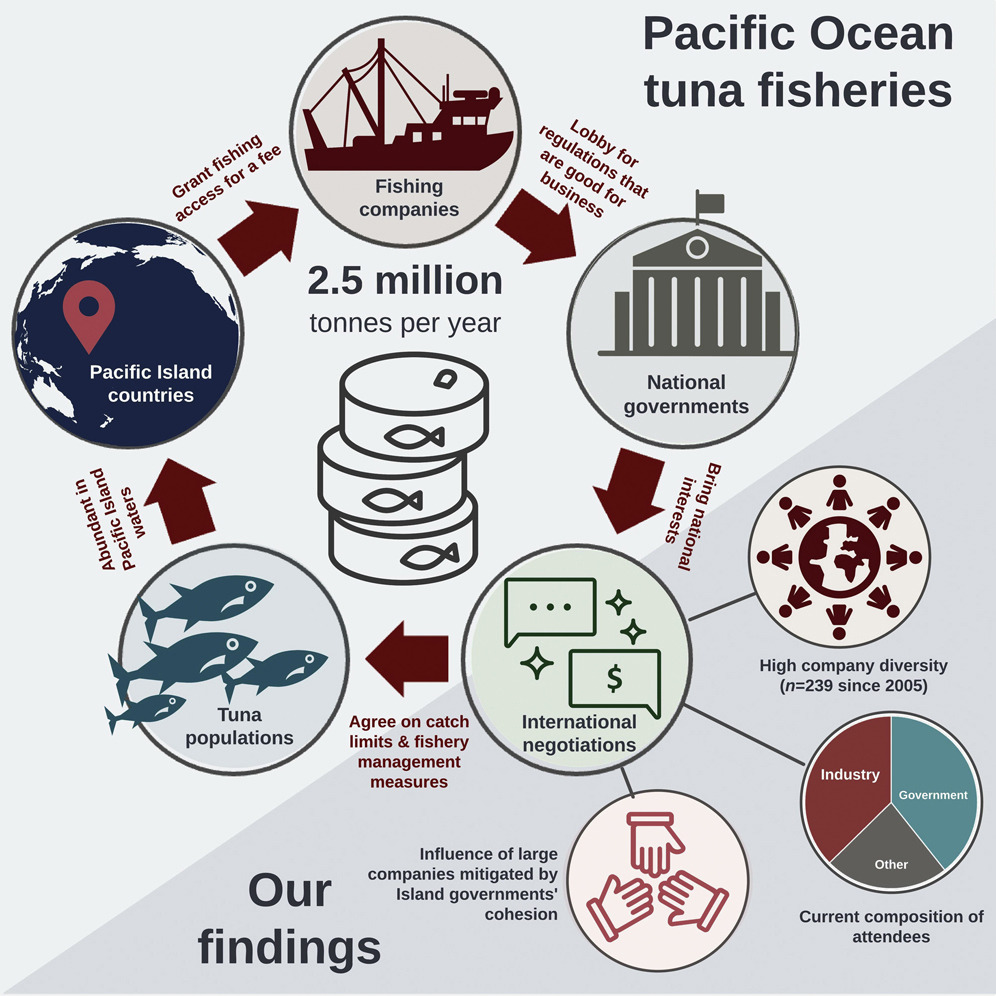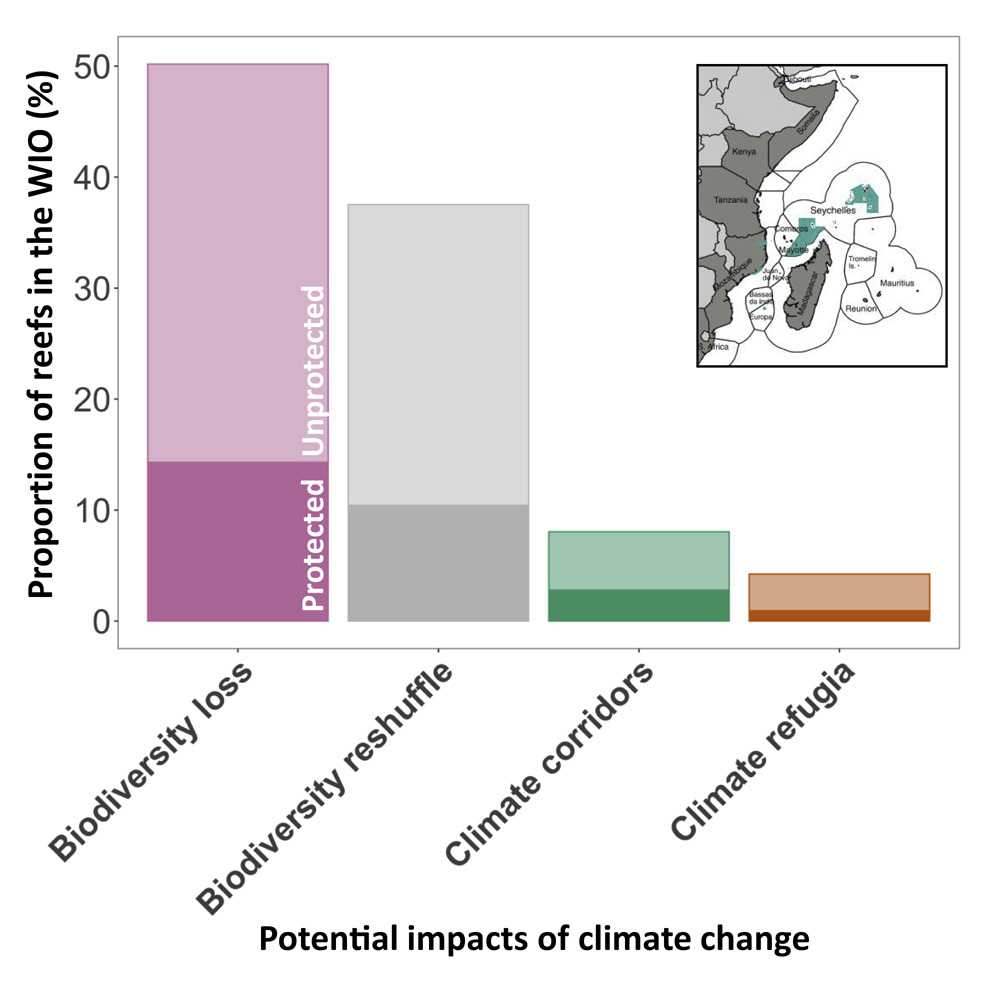Drug resistance became widely recognized global threats in last two decades. Knowledge of drug resistance, development of new vaccines and medicines, public awareness program, government support (policies and incentive), development of new diagnostic tool, industrial support in medical research are the need of the hour that will help the mankind to fight back and deal with drug resistance and helps to support SDG3.
This content aligns with Goal 3: Good Health and Wellbeing as well as Goal 10: Reduced Inequalities by emphasizing the importance of technology assessment capability in shaping health policy and priorities to improve health outcomes and quality of life. By promoting strong professional education and practice standards, accreditation processes, and educational programs for public health, the content supports efforts to enhance the quality of healthcare services and public health interventions. Additionally, it aligns with Goal 10: Reduced Inequalities by recognizing the need to address disparities and ensure equitable access to evidence-based methods of prevention, diagnosis, and therapy. By advocating for continuous revision of legal frameworks and ethical standards in response to societal changes and emerging health challenges, the content underscores the importance of promoting fairness and equity in public health practices and policies. Moreover, it highlights the ethical imperative of public health interventions to protect populations from illness and premature death, thereby contributing to efforts aimed at reducing inequalities in health outcomes and promoting the well-being of all members of society.
This research examined the potential impacts of adaptation on snakebite using individual-based simulations, focusing on strategies meant to counteract major crop yield decline because of changing rainfall in Sri Lanka.
The growth of predictive data analytics and the simultaneous growth in the availability of interoperable AI-enabled devices offer opportunities to mitigate healthcare disparities currently endemic in indigent, underrepresented, and underserved communities supporting SDG3.
Elsevier,
Genomic Data Sharing, Case Studies, Challenges, and Opportunities for Precision Medicine, 2023, Pages 71-90
The Global Alliance for Genomics and Health (GA4GH) is an international standards development organization (SDO) focused on advancing human health and medicine through genomic data sharing and interoperability. Founded in 2013, the organization has evolved over time and has adapted to unexpected challenges in ways that we believe would be of interest to the broad biomedical community. In this chapter, we present our experiences to support others wishing to share data through global, community-driven standards supporting SDG3.
This article focuses on a key industry in ocean governance - tuna fishery - to examine how companies and governments relationship in international fishery negotiations can influence the governance of tuna fishery industry.
Elsevier,
Genomic Data Sharing, Case Studies, Challenges, and Opportunities for Precision Medicine, 2023, Pages 71-90
The Global Alliance for Genomics and Health (GA4GH) is an international standards development organization focused on advancing human health and medicine through genomic data sharing and interoperability. Founded in 2013, the organization has evolved over time and has adapted to unexpected challenges. Three themes have emerged as critical to the organization's success: (1) community needs must drive development; (2) agility is necessary to create global equity and opportunity; (3) developing an idea into a widely adopted standard requires multiple levels of consensus furthering SDG3.
This content aligns with Goal 3: Good Health by summarizing the current obstetric care in place, or lack thereof, in tropical regions. It recommends actions to create and improve quality, preventitive care where it is needed most and ultimately reduce maternal mortality rates in these regions.
This article examines the extent to which Marine Protected Area can fit for purpose in Western Indian Ocean, in the context of global warming.
This paper supports SDG 3 by comprehensively analysing and providing insights on Indonesia's advance to universal health coverage and its ability to meet the UN Sustainable Development Goals by 2030, by strengthening programmes and policies aimed at reducing disparities across the country.


